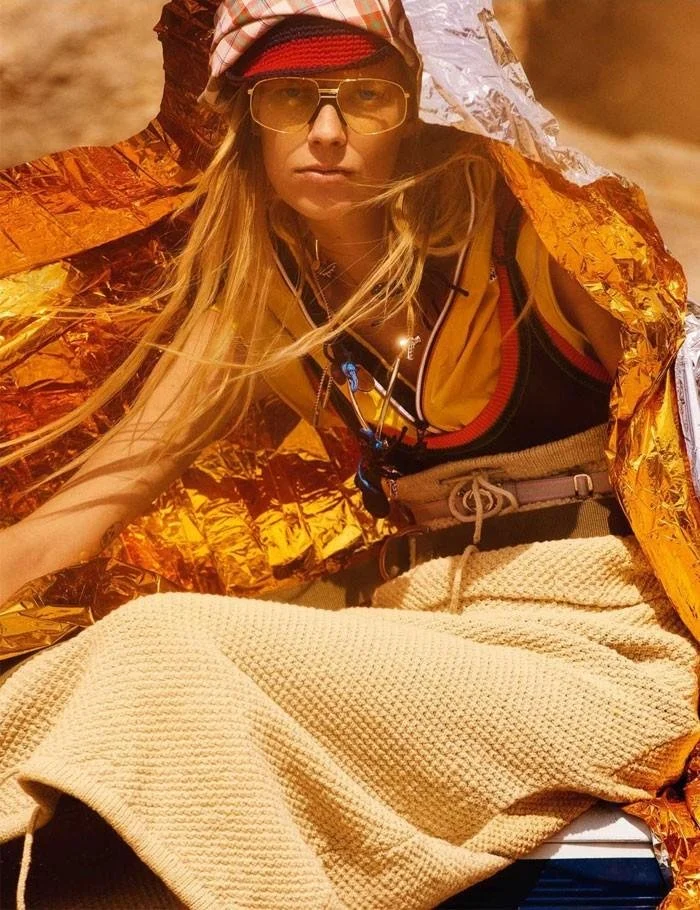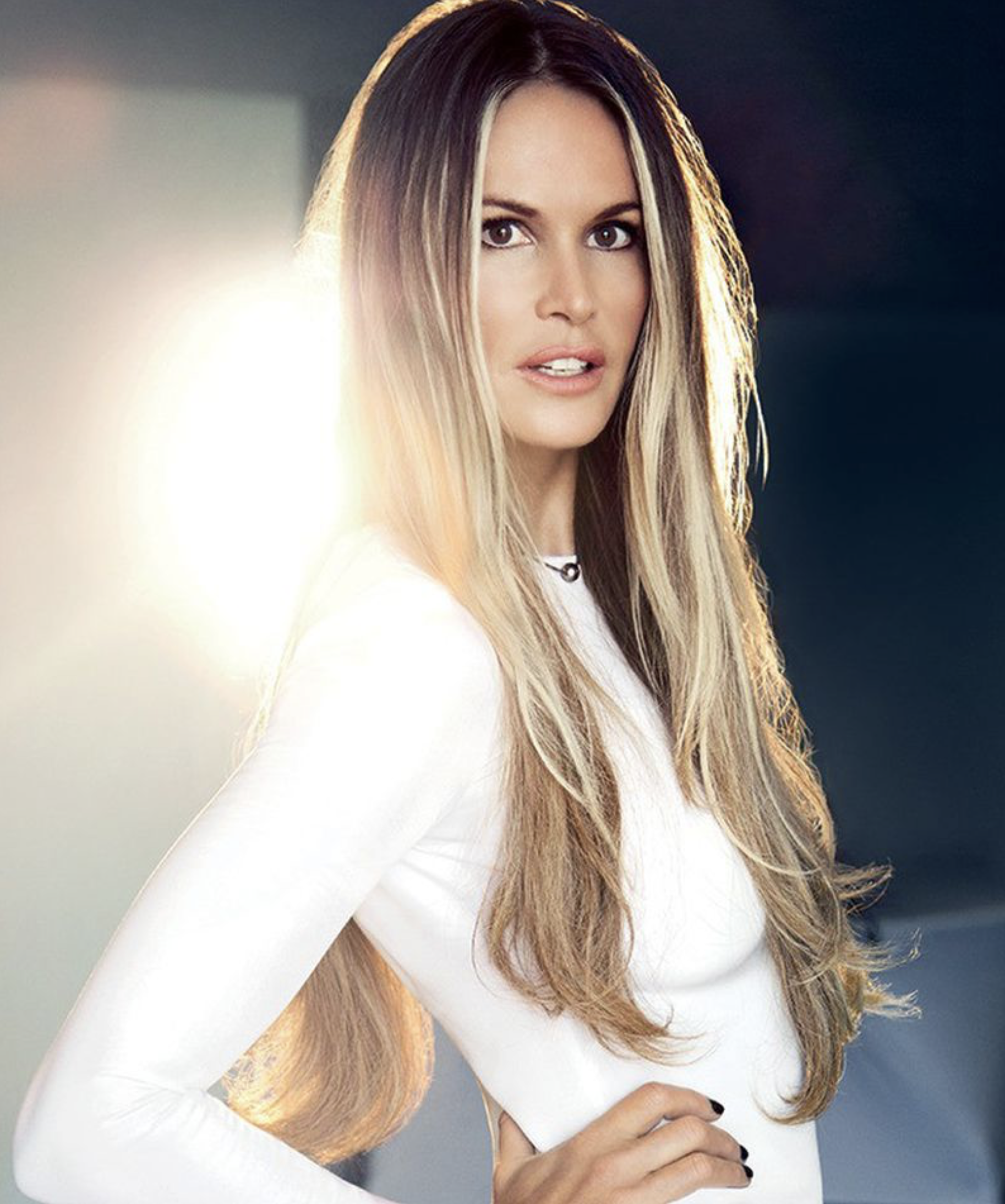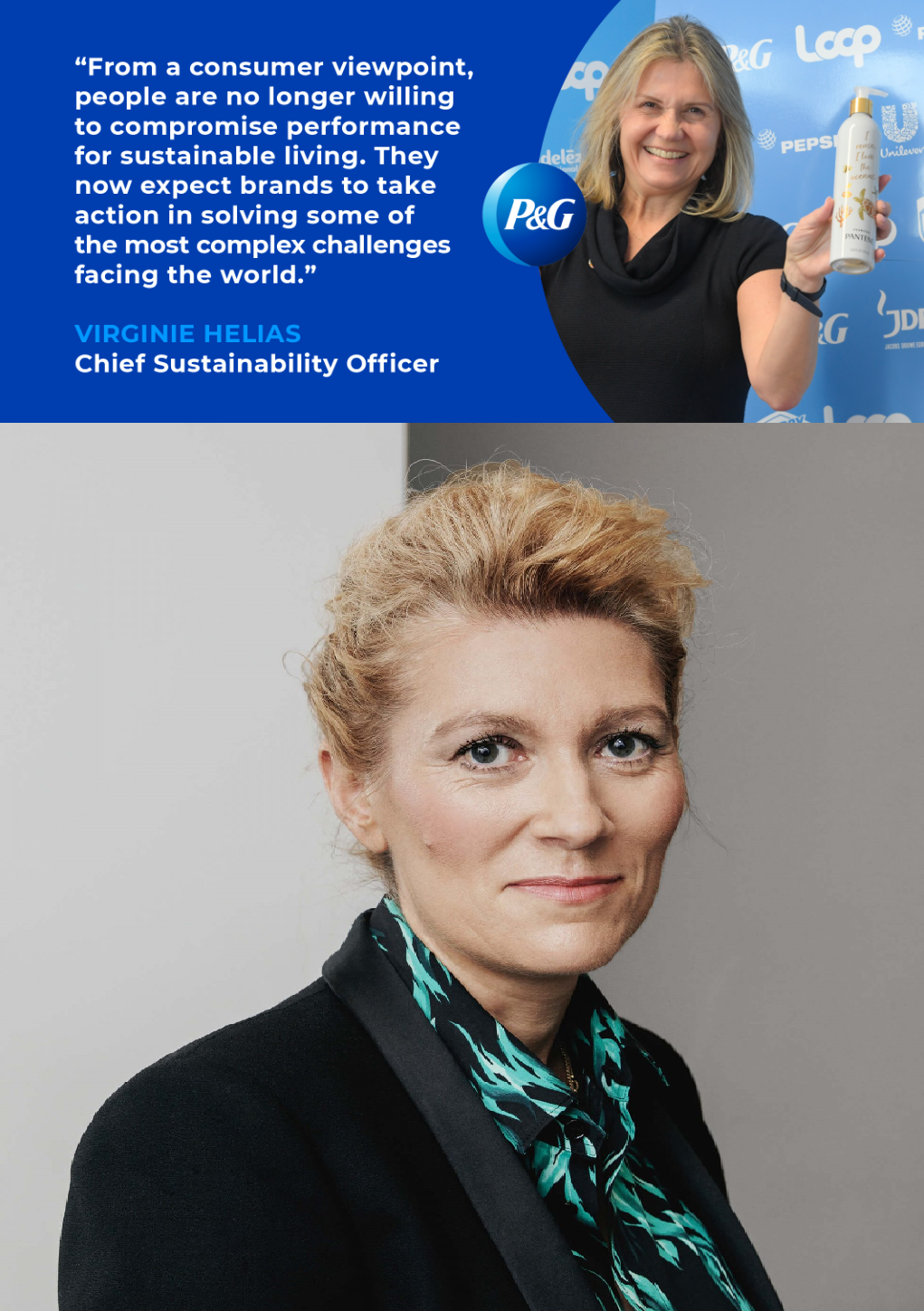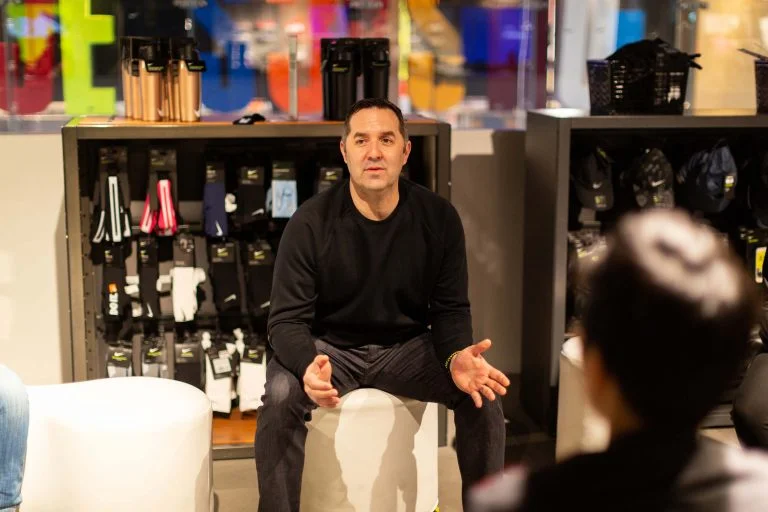Chief Sustainability Officers Become Collaborative C-Suite Execs with Major Fashion Influence
/Vogue Business profiles the growing influence of corporate Chief Sustainability Officers (CSO) including Kering’s CSO and head of international institutional affairs Marie-Claire Daveu, who sits on Karing’s 13-person executive committee; Virginie Helias, who actually created her top-level position at Procter & Gamble, by pitching it to the CEO; Nike’s CSO Noel Kinder, who reports to Nike COO, Eric Sprunk and Tom Berry, who is the global director of sustainable business at Farfetch.
The position of CSO could also be good for career advancement, writes VB. Tom Berry sees the role eventually becoming attached to the role of chief innovation or strategy officers.
“I’m convinced that in the coming decade, more CSOs will progress toward other C-suite roles,” says Daveu. “A successful CSO has to be a visionary thinker, a creative problem solver, an operational implementer and a collaborative leader.”
“It’s now seen as a transversal mission. It’s all about courageous leadership toward things that have not been done before, and about being able to develop an ambitious vision,” says Helias.
Article Take Aways
1) The Global Fashion Agenda’s recent Pulse of the Fashion Industry report concluded that fashion isn’t implementing sustainable solutions fast enough to offset the negative environmental and social impacts that come with their growth.
2) The vast range of skills associated with developing sustainable practices prompts the trends towards inter and intra-industry collaboration. The Alliance to End Plastic Waste, which P&G joined with at least 40 companies in early 2019, is an example of the number of interests involved.
“I’m spending more of my time thinking about how to collaborate externally,” says Kinder, who is now working through the Global Fashion Agenda and the United Nations. “H&M has been really ambitious externally, and Adidas — probably our closest competitor — does a nice job of collaborating. There has not been any reluctance to working [together] on big topics like waste or climate change. The challenges we face as an industry and as a species are bigger than any one brand.”






